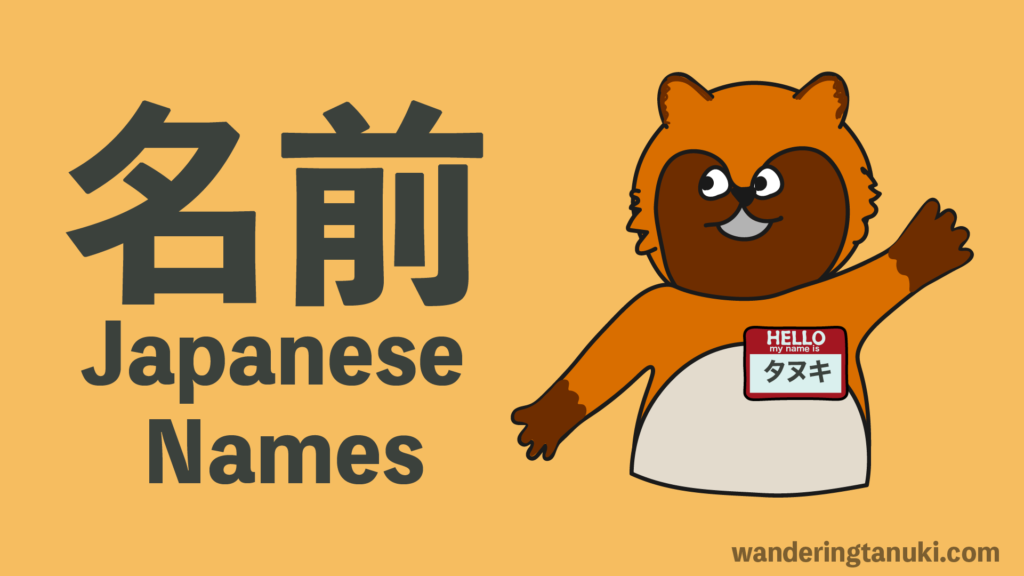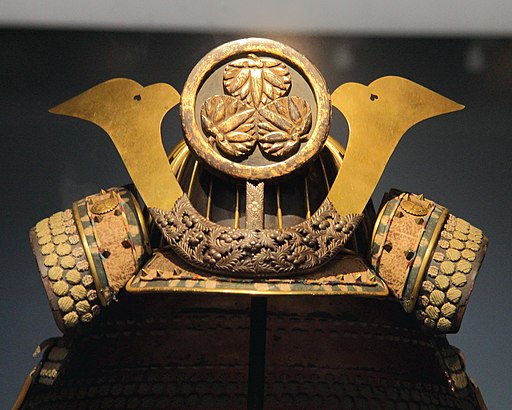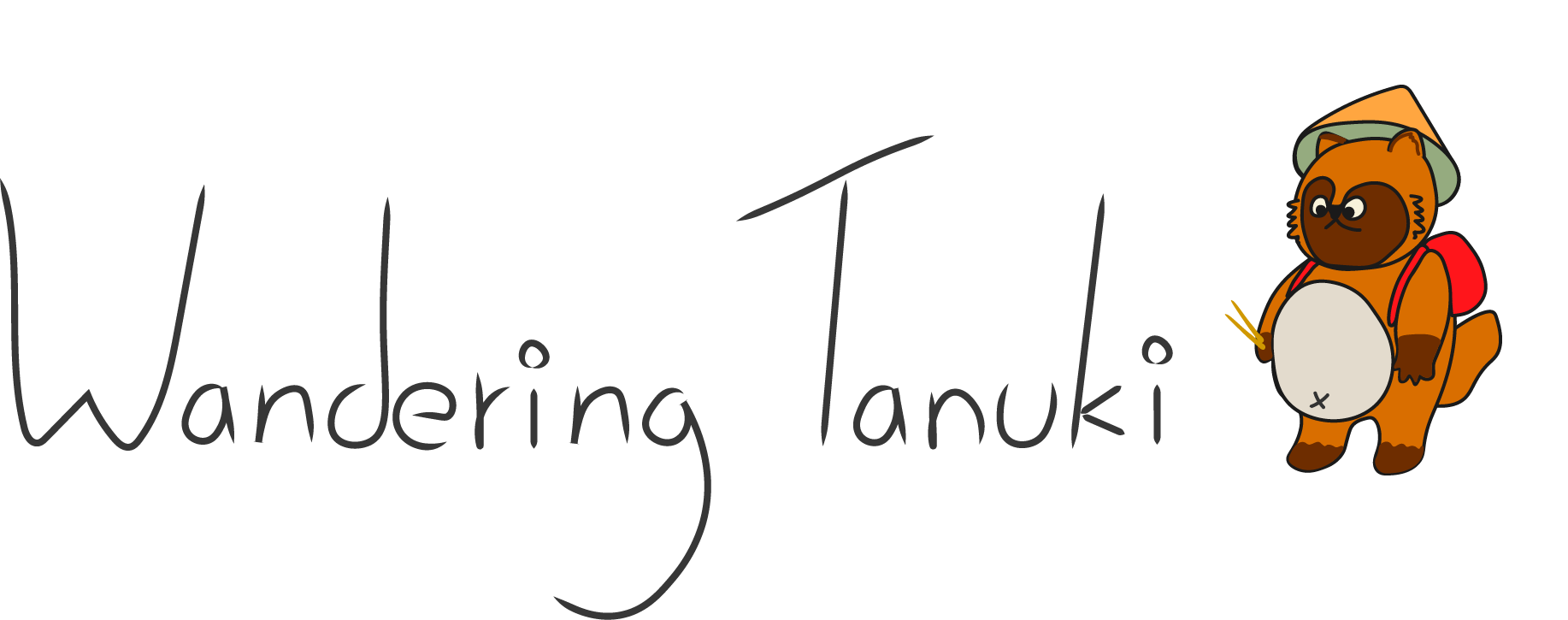Japanese names: What they mean and how they work!
If you’re from an English speaking country, Japanese names can be confusing. There are many elements which are different from how names work in English. Japanese names tend to have more specific meanings than a Western name. This is because of the the symbolism of written Kanji characters.

In this article, we’ll be covering everything you need to know about Japanese names! There will also be lists of popular names if you’re looking to choose a Japanese name for yourself.
An Introduction to Japanese Names
In Japanese, the word for name is 名前 (namae). The first name is called 下の名前 (shita no namae). It means the “bottom name” because Japanese is often written vertically. The last name is 名字 (myouji).
Name Order
The most obvious difference that you’ll encounter is that name order is different in Japanese. The last name is written before the first name. This is because last names are used most often in formal settings. From your school life to your professional life, teachers and work colleagues will generally call you by the last name with an honorific like さん (san). When you introduce yourself by full name, you’ll want to say last name then first name.
For example, let’s take the name Taro (first name) Yamada (last name).
English: Taro Yamada
Japanese: 山田太郎 (Yamada Taro)
Note: When writing there is no space between last and first names in Japanese.
Importance of the written name
The way the name is written is extremely meaningful in Japanese. This is because the same name in pronunciation can have different kanji characters and meanings.

Douglas Perkins, CC BY 4.0, via Wikimedia Commons
Same name but different meanings
Here is an example of a situation when the same name in pronunciation can have very different meanings.
Haruto is a boy name that can be written in different ways. It can be written as either 陽翔 or 大翔. The first Haruto, 陽翔 can mean “sunlight” (陽) and “to soar” ( 翔). The second Haruto, 大翔, can mean “big” (大) and to soar (翔 ). As you can see, the name meanings become different even though they are spoken the same way.
When people introduce themselves in Japanese, it is common for others to ask how the name is written. This is to get an idea of the meaning of the name.
Hiragana names
First names can also be written in hiragana, which is the most basic of writing system in Japanese. Hiragana names are sometimes given to girls because people think it has a cute image. For example, さくら (Sakura) or あかり (Akari).
Stroke number (kakusuu)
There are also various superstitions with the number of strokes in the kanji character. Stroke number, or 画数(kakusuu), refers to the number of times you would draw a line without lifting a brush or pencil in a given Kanji character. For example, the name 山田太郎 (Yamada Taro) has a total stroke number of 21.
When naming a child, Japanese parents will think about what stroke number would be lucky for their child. Some people avoid certain numbers or avoid the same number for siblings.
No middle names
In Japanese, there are no middle names! This can be problematic for foreigners who have children in Japan. It’s impossible to put a middle name into official documents. The only way to do this is by combining the middle name with the first name. However, this makes the first name look like a combination of two names.
Honorifics
When using Japanese names, it can be rude and offensive if you call someone by their name without any honorifics.
We won’t go through all the honorifics here, but make sure not to call people only by their first or last names unless you know them well. Most people will either add a さん (san) to be polite. Even in casual situations, it’s popular to add ちゃん (chan) for girls and くん (kun) for boys.
In the case of the name, 田中太郎 (Tanaka Taro), you would probably call the person 田中さん (Tanaka san) if you want to be polite.
Japanese Last names
As in other countries, last names represent the family name in Japanese. These names are typically passed down through the male members of the family. Women will usually change their last name to the husband’s last name after marriage.

Rabe!, CC BY-SA 4.0, via Wikimedia Commons
Last names and history:
Before the 1800’s, only the nobility had last names. Popular last names like 田中(tanaka), meaning “inside rice field”, came much later. During the Meiji period, the common people had to start using last names. Those who lived near rice fields started calling themselves 田中(tanaka). There are many other last names that likely came about during this period, and have meanings related to where they lived.
Popular last names with meanings
佐藤 (Satou) – 佐 helpful, 藤 wisteria
鈴木 (Suzuki) – 鈴 bell, 木 tree
高橋 (Takahashi) – 高 tall, 橋 bridge
田中 (Tanaka) – 田 rice field, 中 inside
吉田 (Yoshida) – 吉 good luck, 田 rice field
渡辺 (Watanabe) – 渡 to cross, 辺 border
山本 (Yamamoto) – 山 mountain, 本 book
中村 (Nakamura) – 中 inside, 村 village
小林 (Kobayashi) – 小 small, 林 forest
加藤 (Katou) – 加 increase, 藤 wisteria
Popular Japanese names for Girls
Names for girls usually carry cute and feminine meanings. They are often inspired by flowers and light. Girl names can sometimes be written in hiragana characters so that there is a softer and girly image.

Kazuhisa Togo, CC BY 2.0, via Wikimedia Commons
陽葵 (Himari) – 陽 sunshine, 葵 hollyhock, a type of pink Japanese flower
結菜 (Yuina) – 結 tie together, 菜 leafy greens
莉子 (Riko) – 莉 jasmine, 子 child
芽衣 (Mei) – 芽 sprout, 衣 clothing / garment
紬 (Tsumugi) – Silk cloth
さくら (Sakura) – Cherry blossom
ひかり (Hikari) – Light
陽菜 (Hina) – 陽 sunshine, 菜 leafy greens
結月 (Yuzuki) – 結 tie together, 月moon
愛 (Ai) – Love
Popular Japanese names for Boys
In Japan, boy names often have meanings relating to strength and Buddhism. Boy names are almost always written with Kanji characters.
蓮 (Ren) – Lotus flower
蒼 (Aoi) – Blue
陽翔 (Haruto) – 陽 sunshine, 翔 to soar or fly
樹 (Itsuki) – Tree
湊 (Minato) – Harbour or port
悠真 (Yuuma) – 悠 permanence, 真 true or reality
律 (Ritsu) – Law
朝陽 (Asahi) – 朝 morning, 陽 sunshine
大和 (Yamato) – Name for Ancient Japan
暖 (Dan) – Warmth
I hope that this article can help you understand how names work in Japanese! As you can see, there are deeper meanings within Japanese names relating to how it is written. Next time a Japanese person introduces themself, try asking how they write their name and what it means. It could be an interesting conversation topic. If you’re interested in more Japanese language learning blog content, be sure to check out Japanese Dialects: Accents from Hokkaido to Okinawa and Japan in Japanese: Is it Nippon or Nihon?
~ Tanuki







my daugher’s mother-in-law is Phillippino /Japanese. In helping with her genealogy I was able to ge a list of closest maternal lanst names. I noticed that one was Oshiro and one was Yamashiro. Could you tell me if the O and the Yama have “meanings” or are indicative of place names, etc. She is in her 80s now and curious of her ancestry. Thank you. Beverly Rampey
Thanks for your question! The “meaning” would depend on the kanji characters so unfortunately it would be difficult for me to tell if they are related to place names. Even when last names originated from a certain type of place, it was more indicative of that person’s actual situation than a specific place. For example, Nakayama 中山 would be “inside mountain”, and the person may have lived inside a mountain. It is a very generic meaning I guess! Sorry I can’t be of more help!
Recently found you page and i love reading about japanese names, some time ago i started playing a game of the popular anime Bleach and named my character -Hisemouri- does it have any meaning at all? i took it from a character named Hinamori and made some changes to it, does it make any sense? thanks <3
Hi, how wonderful that you like Japanese names. Hisemouri, I’m not sure if it has any meaning! But if it was Hise(first name) Mori(last name) It could be!I found this article here in Japanese for a girls name Hise! https://namedic.jp/names/detail/149201 And Mori is a common last name.